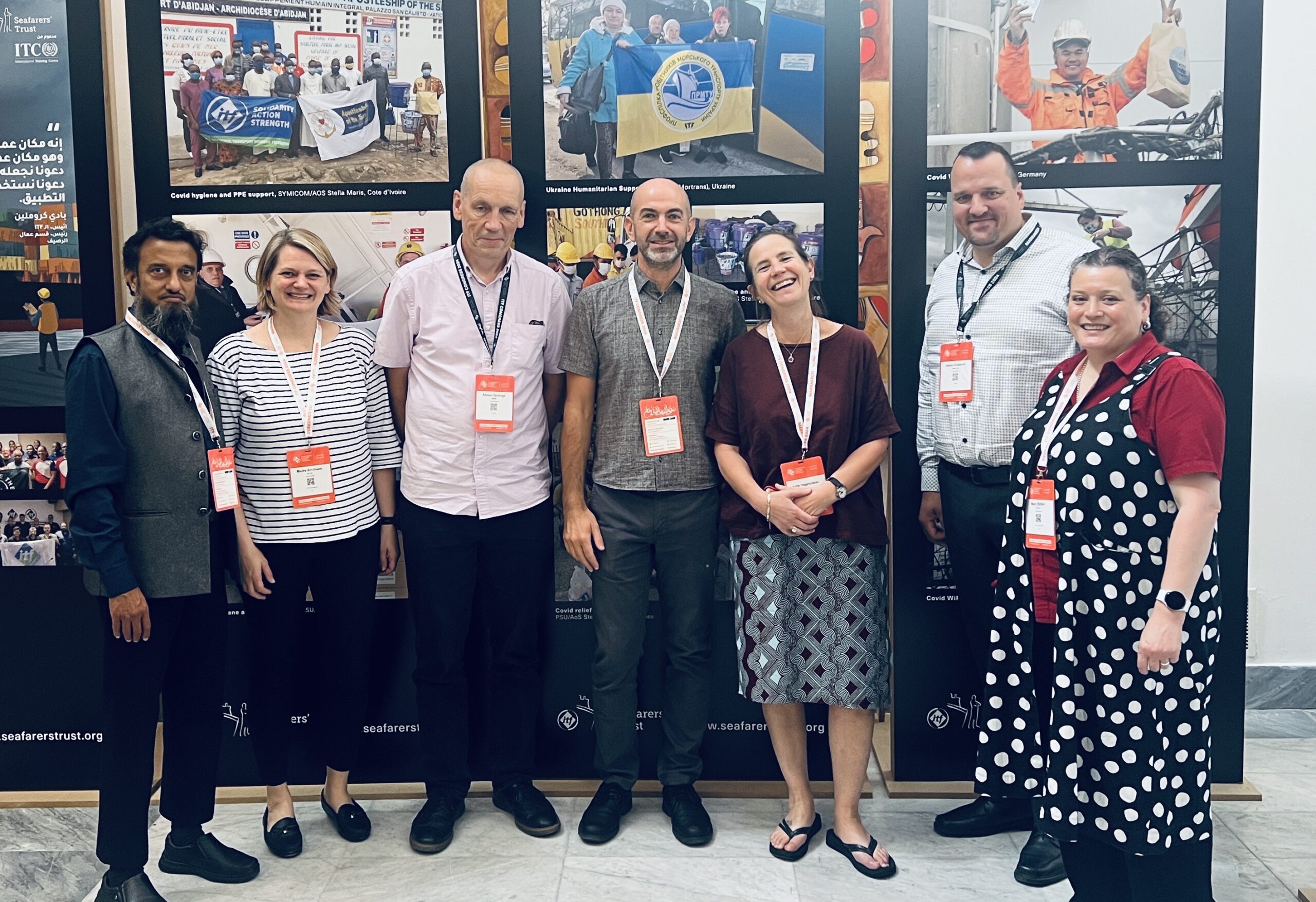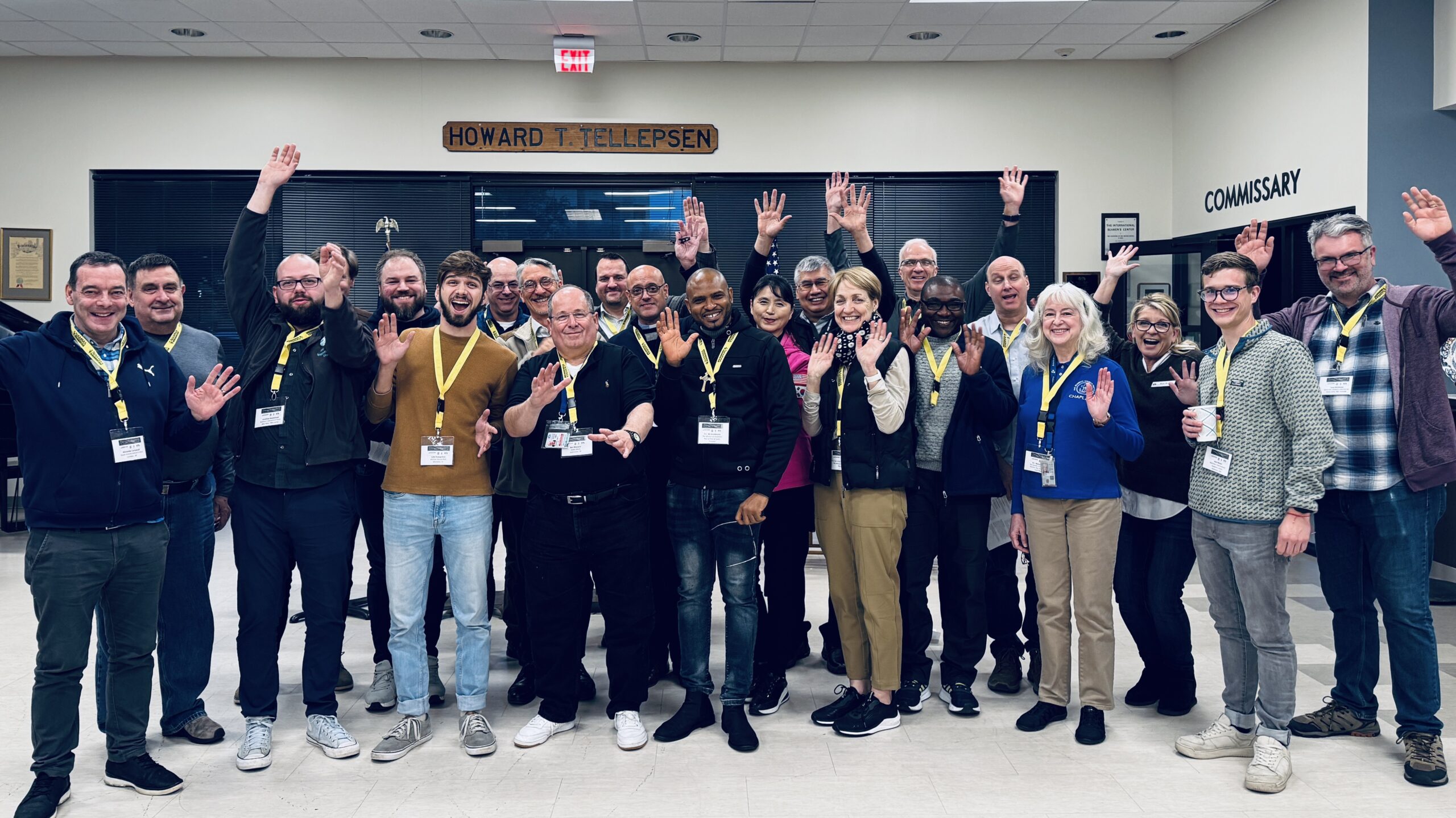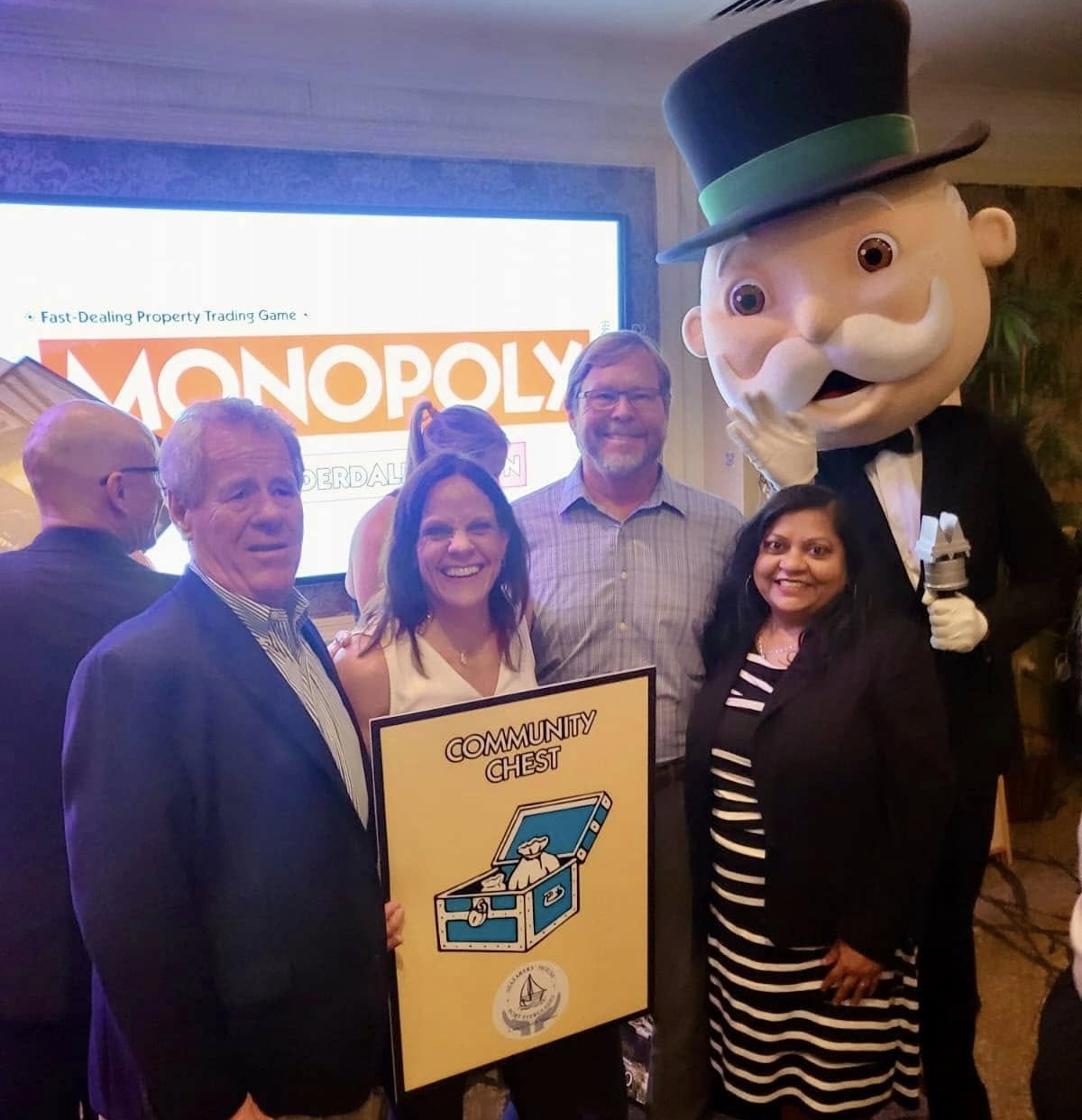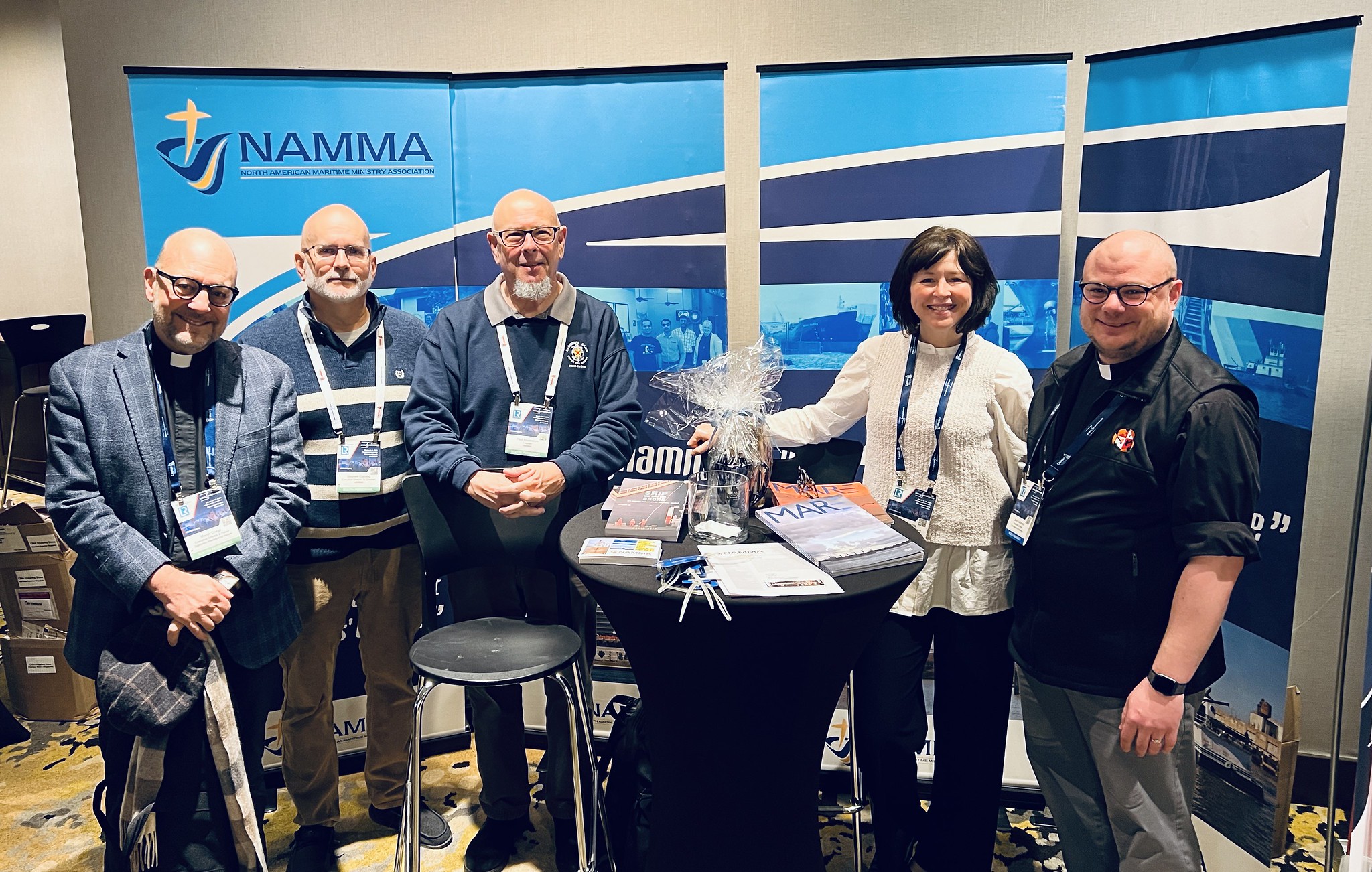At the ITF Congress in Marrakesh, the International Christian Maritime Association (ICMA) was honored to attend as a guest, invited by the ITF Seafarers’ Trust. This collaboration between ICMA and the Trust is a testament to the shared commitment to improve the welfare and wellbeing of seafarers globally. The ITF Seafarers’ Trust, a registered charity in England and Wales, operates independently from the International Transport Workers Federation (ITF), but shares its purpose of supporting seafarers and their families.
In a discussion with Katie Higginbottom, Head of the ITF Seafarers’ Trust, and Luca Tommasi, Director of Grants, we delved into the Trust’s essential work, current projects, and the process for securing grants. Higginbottom began by explaining the origins and funding of the Trust: “The ITF Seafarers’ Trust is fully funded via the ITF, which includes a levy for seafarers’ welfare within its collective bargaining agreements with shipowners. This levy supports our goal of improving services for seafarers. We are focused on providing grants and running impactful projects to directly benefit seafarers and their families, helping them with their welfare, mental health, and overall wellbeing.”
Higginbottom outlined the structure and purpose of the Trust, noting its small but highly specialized team of six members. Despite the ITF’s expansive global presence, the Trust’s work is carried out by a close-knit group, ensuring focused and effective operations. “Our team is made up of individuals with deep expertise in specific areas,” she said. “Luca Tommasi, for example, is our linchpin as Grants Manager, while Meike Erichsen, our Project Manager, handles significant initiatives like our ‘Life at Sea’ project and our Operational Safety and Health project. We also have Abdulghani Sarang, formerly the General Secretary of the National Union of Seafarers of India, who now specializes in mental health and wellbeing. Mary Bollan manages our communications and governance, and Rumana Atkher handles administration. Together, we focus on finding solutions that uplift seafarers.”
The conversation naturally shifted to one of the key topics of interest—how organizations can apply for grants from the Trust. Luca Tommasi emphasized that the Trust has been historically dedicated to supporting welfare organizations, especially those operating in port-based environments. “Our core mission has always been to back what we call ‘missions’—seafarers’ missions and other similar welfare services,” Tommasi explained. “More than half of the grants we award still go to supporting these welfare organizations, because they play such a vital role in caring for seafarers.”
Tommasi stressed the importance of direct engagement with the Trust before beginning the formal application process. “The first step for any applicant is to contact us directly. We can provide valuable guidance to ensure the application aligns with our goals and requirements,” he said. “From there, applicants can visit our website, where they’ll find detailed instructions on how to apply. An important part of the process is obtaining an endorsement from an ITF-affiliated union in the country where the project is based. Additionally, we always suggest applicants work with their local ITF inspector to help facilitate the endorsement process.”
The types of grants available are divided into three categories: large grants, small grants, and emergency response grants. Large grants, which exceed £75,000, must be approved by the full Board of Trustees. These grants require extensive applications and involve in-depth discussions with the Trust to avoid unnecessary rejections. Higginbottom commented, “For large grants, we do everything we can to steer applicants in the right direction, so that their proposals are sound and have the best chance of success. Our aim is to collaborate with applicants rather than turn them away.”
Small grants, those below £75,000, are decided upon by a committee that meets approximately every two to three months, ensuring timely and responsive decisions. Once approved by the committee, the grants are endorsed by the Trustees. “We try to be very responsive,” said Higginbottom. “If we see a growing need, we can quickly convene the committee to approve small grants, which enables us to be agile in meeting the demands of the moment.”
Emergency response grants provide immediate assistance for urgent situations, often supporting ITF inspectors or unions handling crises. However, these grants have also been extended to chaplains and others working directly with seafarers in need. “In cases of medical emergencies, family crises, or other pressing issues, we can offer financial support relatively quickly,” Tommasi explained.
The Trust’s commitment to supporting seafarer centers in practical ways was another point of discussion, particularly around vehicle replacement, a frequent need for organizations that transport seafarers. Tommasi shared that vehicles typically require replacement after five to six years, depending on usage, though each case is evaluated individually. “Some vehicles might have incredibly high mileage—such as one we recently replaced that had three-quarters of a million kilometers on it. But we also understand that needs vary by location. For example, in high-security ports, a vehicle might be used intensively for short trips, while in other cases, long-distance travel requires a more robust vehicle,” he said. Tommasi also encouraged welfare organizations to consider replacing vehicles before they reach a crisis point. “We don’t want organizations waiting too long to apply for a new vehicle, only to find themselves in a difficult situation when their current one breaks down.”
In addition to new vehicles, the Trust has recently encouraged welfare centers to consider purchasing electric vehicles, which offer both environmental and economic benefits. “Electric vehicles are particularly well-suited for seafarer centers that operate locally,” Tommasi said. “They reduce fuel costs, and with the ability to charge overnight, they’re ready to go the next day. We’re seeing a growing interest in this area.”
The final part of the conversation focused on the reluctance some organizations feel when applying for funding. Many, Tommasi noted, hesitate to apply because they believe others might have greater needs. “There’s sometimes a sense of, ‘Well, my vehicle only has 200,000 kilometers, so I’ll wait a few years to apply,’ but then those few years pass, and suddenly the vehicle is no longer usable, and they’re in a crisis,” it was observed. “We encourage organizations to contact us early and let us assess the situation. We don’t want people to feel intimidated about applying.”
Higginbottom echoed this sentiment, stressing that the Trust is approachable and eager to engage with applicants. “We’re here to support seafarers, and that means being open and available to discuss projects, offer feedback, and provide guidance. We’re all in this together, working toward the same goal.”
Photo: (L to R) Abdulghani Serang, Meike Erichsen, Simon Grainge (ISWAN), Luca Tommasi, Katie Higginbottom, Jason Zuidema (ICMA), Mary Bollan





